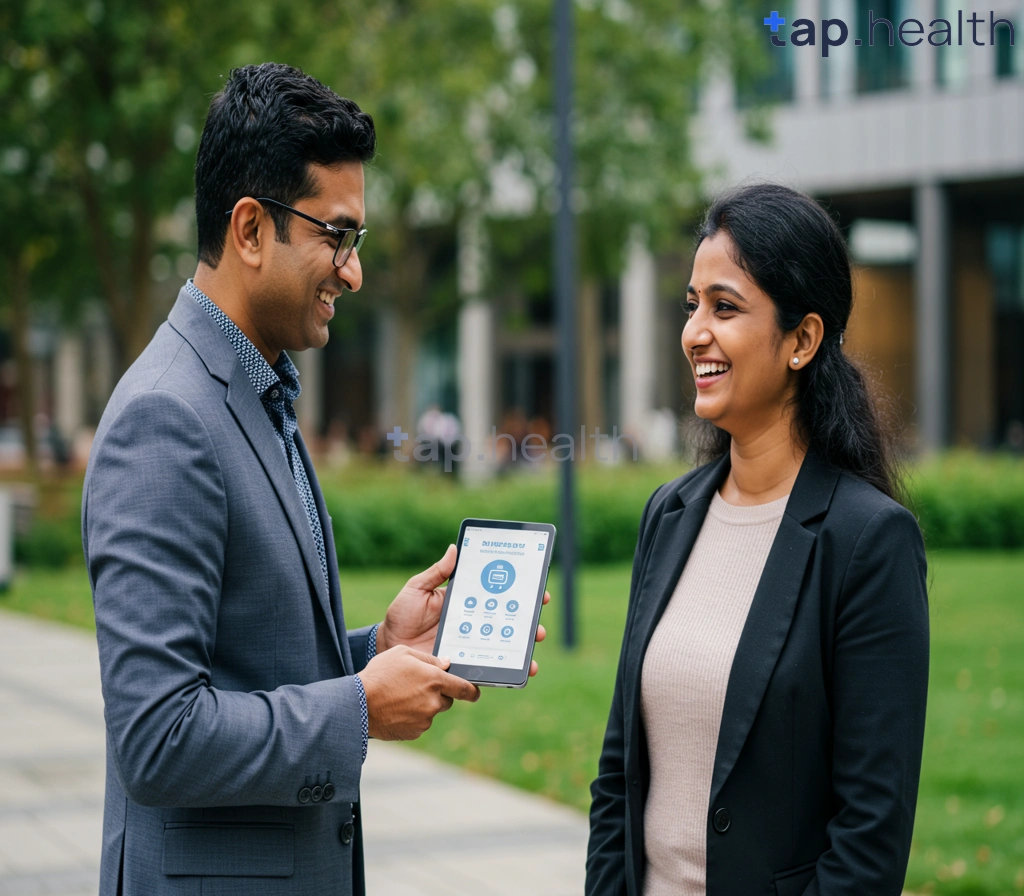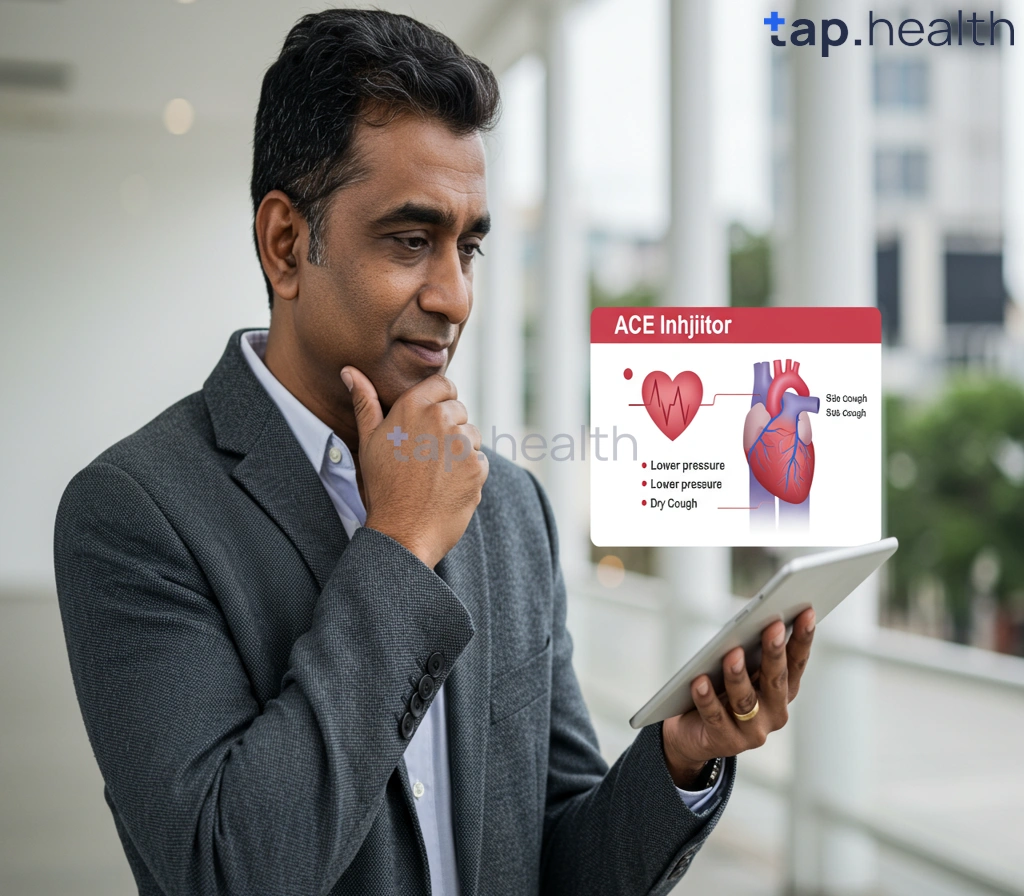Table of Contents
- Mastering Diabetes: Your Guide to Self-Care
- Diabetes Management: Research-Backed Strategies for Success
- Unlocking Better Health: The Role of Research in Diabetes Care
- Diabetes Self-Management: Proven Tips & Techniques
- Conquer Diabetes: Combining Research and Self-Care
- Frequently Asked Questions
- References
Living with diabetes can feel like navigating a complex maze, but you don’t have to do it alone. Unlocking diabetes management isn’t about finding a magic cure, but rather empowering yourself with knowledge and practical strategies. This blog is dedicated to exploring the vital intersection of cutting-edge research and effective self-care, providing you with the tools and information you need to thrive. We’ll delve into the latest advancements, practical tips, and inspiring stories to help you take control of your health. Let’s embark on this journey together, focusing on proven methods to manage your diabetes effectively and improve your quality of life.
Mastering Diabetes: Your Guide to Self-Care
Managing diabetes effectively is crucial, especially considering that a significant portion of the global population lives with this condition. According to the International Diabetes Federation, a substantial 61% of those with diabetes are aged between 20 and 64, while 39% are 65 and older. This highlights the importance of proactive self-care, regardless of age. In India and tropical countries, where diabetes prevalence is high, adopting a holistic approach is paramount.
Prioritizing Blood Sugar Control
Regular blood glucose monitoring is fundamental. Understanding your blood sugar levels allows for timely adjustments to your diet and medication, preventing complications. In hot and humid climates, dehydration can significantly impact blood sugar levels, so staying hydrated is crucial. Consider carrying a water bottle and drinking frequently throughout the day.
Dietary Considerations for Tropical Climates
Many traditional Indian and tropical diets are rich in carbohydrates, which can affect blood sugar levels. Focus on incorporating whole grains, lean proteins, and plenty of fresh fruits and vegetables. Seasonal fruits, readily available in your region, offer a nutritious and refreshing option, helping manage blood sugar while providing essential vitamins and minerals.
Lifestyle Modifications for Long-Term Success
Regular physical activity is indispensable for effective diabetes management. Even short bursts of activity throughout the day, tailored to the climate, can make a difference. Choose activities you enjoy, whether it’s a brisk walk in the early morning or evening, or yoga and other less strenuous exercises. Remember to consult your doctor before starting any new exercise program. As you age, managing diabetes might present new challenges. For helpful advice, check out our guide on Managing Diabetes as You Age: Challenges and Solutions.
Seeking Support and Resources
Connecting with a diabetes support group or healthcare professional is invaluable. They can provide personalized guidance and support, enhancing your understanding of diabetes management within your specific regional context. Don’t hesitate to seek advice and resources to develop a tailored plan for your needs. Taking proactive steps now will significantly improve your long-term health and well-being. For more simple yet effective tips, you might find our guide, 10 Proven Tips to Effectively Manage Diabetes | Simple Guide, helpful.
Diabetes Management: Research-Backed Strategies for Success
Understanding the Challenge
The alarming statistic that 50% of diabetes cases globally remain undiagnosed, as highlighted by the International Diabetes Federation, underscores the urgent need for proactive diabetes management, particularly in regions like India and other tropical countries. This high rate of undiagnosed diabetes points to a critical gap in awareness and access to healthcare, resulting in delayed treatment and increased health complications. Early detection and consistent management are crucial for preventing long-term health issues.
Prioritizing Self-Care and Research-Based Approaches
Effective diabetes management hinges on a two-pronged approach: self-care and informed decision-making based on scientific research. In India and tropical climates, factors like dietary habits, lifestyle choices, and genetic predispositions significantly influence diabetes risk. Adopting a healthy diet rich in fruits, vegetables, and whole grains, while limiting processed foods and sugary drinks, is paramount. Regular physical activity, even moderate exercise like brisk walking, is essential for maintaining healthy blood sugar levels. Furthermore, staying informed about the latest research findings on diabetes management helps individuals make well-informed choices regarding medication, treatment plans, and lifestyle modifications. For practical tips, check out our guide on 10 Proven Tips for Effective Diabetes Management.
Actionable Steps for Better Management
Regular monitoring of blood sugar levels is crucial. Consult with healthcare professionals to create a personalized diabetes management plan that incorporates regular check-ups, medication adherence (if prescribed), and lifestyle adjustments. Joining support groups or online communities can provide invaluable emotional support and practical advice from those with shared experiences. In tropical countries, managing diabetes may require additional considerations like staying hydrated to prevent dehydration, which can exacerbate blood sugar fluctuations. Remember, consistent self-care empowers individuals to effectively manage their diabetes and improve their quality of life. To learn more about creating a personalized plan, read our article on Personalized Diabetes Control: Your Key to Better Health.
Unlocking Better Health: The Role of Research in Diabetes Care
Understanding the Global Diabetes Burden
Diabetes is a significant global health concern, particularly impacting populations in India and other tropical countries. The staggering cost of diabetes in the U.S. – an estimated $327 billion annually in direct medical costs and lost productivity – highlights the urgent need for effective management strategies. This substantial financial burden underscores the importance of proactive diabetes care, including preventative measures and accessible treatment options. These costs, while specific to the US, reflect a similar strain on healthcare systems worldwide, especially in resource-constrained regions.
The Power of Research in Diabetes Management
Ongoing research plays a crucial role in improving diabetes care. New treatments, improved monitoring technologies, and a deeper understanding of the disease’s complexities are continuously emerging. This research directly impacts the lives of individuals with diabetes, offering better chances for managing blood sugar levels, preventing complications, and ultimately improving quality of life. For example, research into culturally appropriate dietary interventions and accessible healthcare solutions is particularly vital in diverse populations.
Empowering Self-Care Through Research Insights
The latest research translates into practical self-care strategies. Understanding your individual risk factors, adopting a healthy lifestyle through proper nutrition and regular exercise, and diligently monitoring blood glucose levels are all crucial steps. Staying informed about the latest advancements in diabetes management empowers you to actively participate in your healthcare and make informed decisions. Access to reliable information and support groups is paramount, especially in regions with limited healthcare resources. Learning more about the link between lifestyle and diabetes can be incredibly beneficial. For a deeper understanding, check out Understanding the Link Between Diabetes and Obesity.
Taking Action in India and Tropical Countries
In India and tropical countries, proactive diabetes management is essential due to high prevalence rates and unique challenges. Seek out local resources and support networks to receive culturally appropriate guidance and education. Prioritize regular check-ups with healthcare professionals and actively engage in discussions about your treatment plan. Empowering yourself with knowledge is the first step towards effective diabetes management. To further enhance your understanding of effective management strategies, consider reading How Diabetes Education Enhances Health Outcomes.
Diabetes Self-Management: Proven Tips & Techniques
Taking Control of Your Health
Living with diabetes, especially in hot and humid climates common across India and other tropical countries, presents unique challenges. However, empowering self-management is key to a healthier life. Studies show that up to 80% of Type 2 diabetes cases can be delayed or prevented through lifestyle changes. Research consistently highlights the impact of proactive steps. This includes mindful dietary choices, regular physical activity, and consistent monitoring of blood sugar levels.
Practical Steps for Effective Management
Dietary adjustments are crucial. Focus on incorporating fresh, locally sourced fruits and vegetables abundant in India and tropical regions. Prioritize whole grains over refined carbohydrates, and limit sugary drinks. Remember to consult a dietitian or healthcare professional for personalized dietary advice tailored to your specific needs and local food resources. Regular physical activity, even short bursts of exercise throughout the day, significantly improves blood sugar control. Consider activities suitable for the climate, such as early morning or evening walks or yoga. Consistent monitoring of blood glucose levels is essential for effective management. Regular check-ups with your doctor are also vital. Avoiding 5 Common Mistakes People Make in Managing Diabetes is also crucial for success.
Empowering Yourself for a Healthier Future
Effective diabetes management requires a holistic approach. By combining these proven techniques with regular consultations with your healthcare team, you can significantly improve your quality of life. Remember, you are not alone in this journey. Seek support from family, friends, and local diabetes support groups. Take charge of your health today and experience the transformative power of proactive self-care. Connect with a healthcare professional in your area to start your personalized diabetes management plan. Making even 5 Easy Lifestyle Changes to Manage Type 2 Diabetes can make a significant difference.
Conquer Diabetes: Combining Research and Self-Care
The global burden of diabetes is staggering. The World Health Organization reports a dramatic increase from 200 million people living with diabetes in 1990 to a staggering 830 million in 2022. This alarming rise underscores the urgent need for effective diabetes management, especially in regions like India and other tropical countries where prevalence rates are often high. Successfully managing diabetes requires a two-pronged approach: leveraging the power of ongoing research and committing to consistent self-care.
Understanding the Research
Research into diabetes is constantly evolving, leading to better treatments, improved monitoring techniques, and a deeper understanding of risk factors. Staying informed about these advancements is crucial. This includes understanding the latest on medication options, technological advancements in glucose monitoring, and the role of diet and exercise in managing blood sugar levels. For individuals in India and tropical countries, this also means paying close attention to research tailored to the specific challenges and nuances of diabetes management within these regions, such as understanding the impact of climate and dietary habits. The use of AI is also revolutionizing diabetes management; you can learn more about this in our article, How You Can Manage Diabetes Well with AI.
Prioritizing Self-Care: Your Active Role
Self-care is the cornerstone of effective diabetes management. It involves a commitment to regular blood glucose monitoring, adhering to prescribed medication, maintaining a healthy diet, and engaging in regular physical activity. In hot and humid climates, this might mean adjusting exercise routines to avoid the peak heat hours. Consider incorporating culturally appropriate dietary choices while focusing on blood sugar control. Building a strong support system within your community is also vital. Joining support groups or connecting with healthcare professionals can provide invaluable guidance and encouragement. While managing diabetes effectively is key, some are exploring methods to potentially reverse the condition. For information on this, you might find our article on How to Reverse Diabetes Permanently helpful.
Taking Action: A Call to Wellness
For individuals in India and tropical countries, conquering diabetes requires a proactive approach that combines the knowledge gained from ongoing research with a personalized self-care plan. Seek regular checkups with your doctor, actively participate in diabetes education programs, and connect with support networks. By embracing both research and self-care, you can significantly improve your quality of life and manage your diabetes effectively. Remember, your health journey is a marathon, not a sprint.
Frequently Asked Questions on Unlocking Diabetes Management: The Power of Research and Self-Care
Q1. What is the most effective approach to managing diabetes?
Effective diabetes management combines research-based strategies with consistent self-care. This includes regular blood glucose monitoring, a healthy diet, regular exercise, and staying hydrated, especially in hot climates. A personalized plan developed with healthcare professionals is also crucial.
Q2. What are the key elements of a healthy diet for diabetes management?
Focus on a balanced diet rich in whole grains, fruits, and vegetables. Limit processed foods, sugary drinks, and unhealthy fats.
Q3. How important is regular physical activity in managing diabetes?
Regular physical activity is essential. Choose activities suitable for the climate and your fitness level. Consult your doctor before starting any new exercise program.
Q4. What are the potential long-term consequences of poorly managed diabetes, and how can I avoid them?
Poorly managed diabetes can lead to serious long-term complications. Early detection and consistent management, including following your personalized plan and regular checkups, are crucial to prevent these complications and improve your quality of life.
Q5. Where can I find support and resources for managing my diabetes?
Personalized plans are best developed with healthcare professionals. Support groups can also provide valuable emotional and practical assistance. Your doctor can help you connect with relevant resources.
References
- A Practical Guide to Integrated Type 2 Diabetes Care: https://www.hse.ie/eng/services/list/2/primarycare/east-coast-diabetes-service/management-of-type-2-diabetes/diabetes-and-pregnancy/icgp-guide-to-integrated-type-2.pdf
- Artificial intelligence in diabetes management: Advancements, opportunities, and challenges: https://www.cell.com/cell-reports-medicine/pdf/S2666-3791(23)00380-4.pdf




